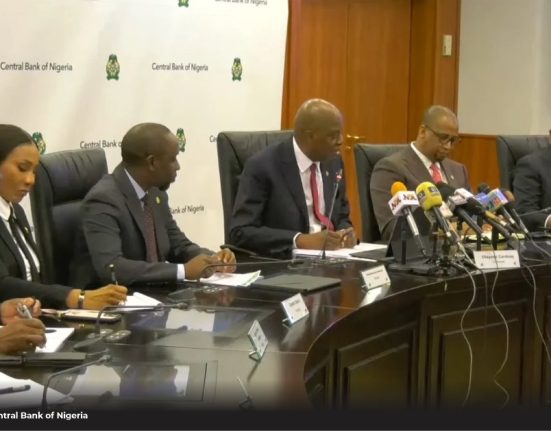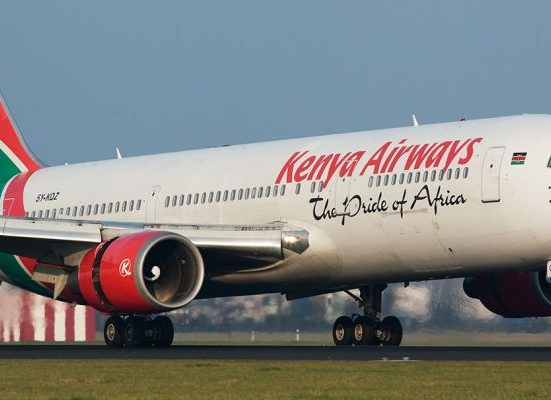Abuja, Nigeria | Tuesday, September 16, 2025
The Nigeria Customs Service (NCS) has announced an extension of the clearance window for overtime cargoes from 90 days to 120 days, in a move aimed at easing port congestion and supporting trade facilitation across the country.
The development was confirmed on Tuesday in Abuja by the Comptroller-General of Customs, Adewale Adeniyi, who explained that the policy shift is part of ongoing reforms designed to enhance efficiency, reduce business costs, and encourage compliance among importers and clearing agents.
Overtime cargoes refer to goods left uncleared at ports and bonded terminals beyond the statutory period. Previously, cargo owners had a 90-day timeframe to process and clear their consignments, after which the items were subject to seizure and auction by the Customs. With the new directive, importers now have an additional 30 days to complete clearance procedures.
Adeniyi noted that the extension aligns with the Federal Government’s trade enhancement strategy and demonstrates Customs’ commitment to fostering a more business-friendly environment. He added that the measure would particularly benefit small and medium-scale traders who often face delays in processing shipping and clearance documents.
Port operators and stakeholders have welcomed the decision, describing it as timely, especially given recent complaints about gridlocks and bottlenecks in Nigeria’s busiest ports. They, however, urged Customs to complement the policy with improved automation systems and closer collaboration with terminal operators to prevent unnecessary delays.
The Customs boss emphasized that while the window has been extended, importers are still expected to comply with all statutory duties and procedures within the new 120-day period. He warned that goods abandoned beyond this grace period would still be liable for forfeiture in line with extant laws.
The extension marks one of the key reforms under Adeniyi’s leadership, following other initiatives such as the deployment of technology to streamline clearance processes, engagement with freight forwarders, and measures to curb revenue leakages.







